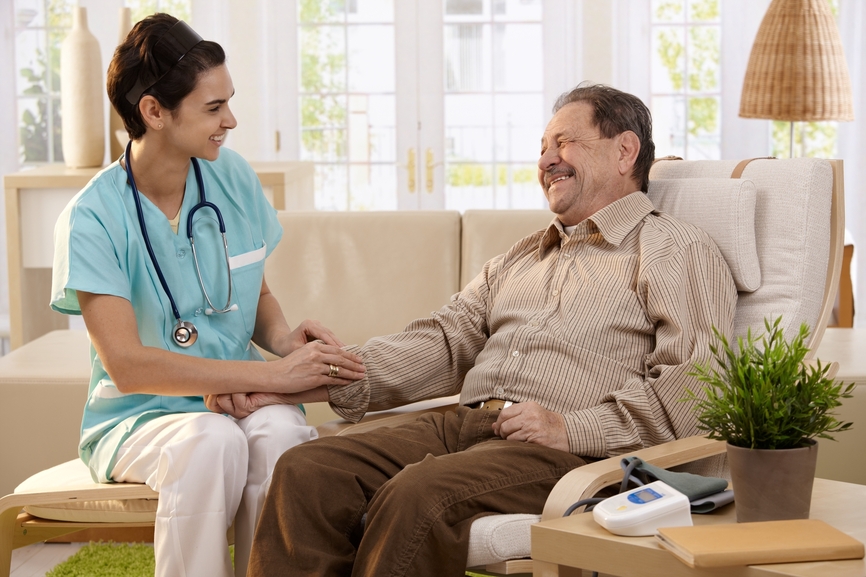Completing a Home Health Aide certification course is not always a prerequisite for working in home care settings. Without a professional certification, it is still possible to find a number of jobs as a Personal Care Aide. Nonetheless, there are three very good reasons why you should still strongly consider becoming certified as an HHA if you plan on working in the personal care arena.
Three Reasons to Pursue Home Health Aide Certification
While there are certainly many additional reasons for getting your HHA certification, we have identified what we consider to be the top three in the section below.
More Job Opportunities
Because certain facilities (e.g. hospices) only hire individuals who hold professional certifications, and agencies affiliated with Medicare or Medicaid also require their aides to be certified, not holding a certification can eliminate a great many job opportunities. On the other hand, certified Home Health Aides are sought after by all employers and able to work any home care setting of their choosing.
Better Pay
At first glance, there does not appear to be a significant different between the median salary for a PCA and an HHA. The median annual pay for a Personal Care Aide was $19,640 in 2010 (www.bls.gov), while Home Health Aides earned a median salary of $20,560. However, upon a closer examination of the numbers, the discrepancy becomes much larger.
Among individuals with substantial work experience in home health care (i.e. those paid in the top 10% in their profession), Home Health Aides may earn as much as 15% more than their Personal Care Aide counterparts. According to Bureau of Labor Statistics data, the top earners among HHAs earned a median income of $29,390 in 2010 – more than $3,400 better than the $25,900 taken home by top PCAs.
Long-Term Stability
Although the high demand for home health providers figures to continue creating new positions for many years to come, there is a growing movement toward requiring certification for all caregivers. As mentioned, some types of facilities and agencies will only employ those who have completed Home Health Aide certification training. Some states have also begun tightening their specific requirements for home care providers as well.
The cumulative effect of this trend figures to be fewer job openings for Personal Care Aides. This obviously places a greater premium on getting certified as an HHA.
About HHA Certification Training
Whereas the basic requirement for becoming a Personal Care Aide is usually just the completion of an online CPR course, becoming a Home Health Aide usually requires at least 40 hours of formalized training through an accredited course. The most-recognized accrediting body in this field is the NAHC (National Association for Home Care and Hospice) which regulates and governs the standards for home care throughout the country. Recognition by this body is not necessarily required in order for a Home Health Aide certification program to meet basic accreditation standards, however.

